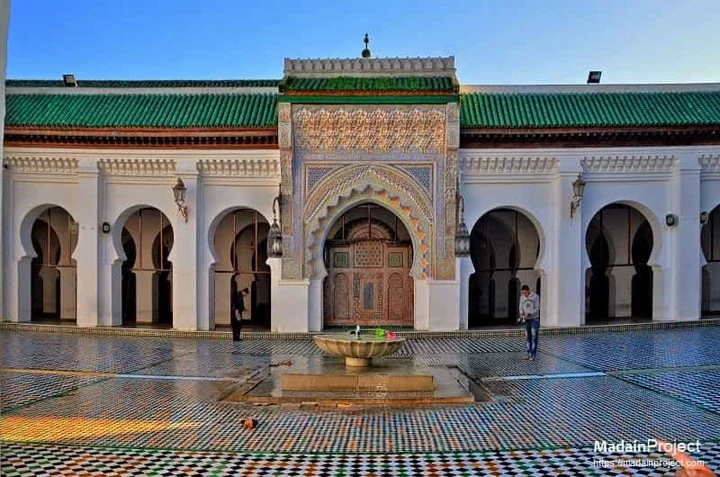When most people think of universities, names like Oxford, Harvard, or the Sorbonne in Paris come to mind. But here’s something many don’t know—the very first degree-awarding university in the world was actually in Africa.
Yes, that’s right! The University of Al-Qarawiyyin, located in Fez, Morocco, was founded way back in 859 AD—long before famous Western schools like Cambridge or Yale even existed.
An African Woman Started It All
What makes this story even more inspiring is that the university was founded by a woman, Fatima al-Fihri. She was a wealthy and educated Muslim woman who used her inheritance to build a school that offered formal education. This made Al-Qarawiyyin the first true university, offering degrees in subjects like math, astronomy, law, philosophy, and medicine.
It welcomed students of all backgrounds—Muslims, Jews, and Christians—and became a hub of learning and cultural exchange.
Some of the most brilliant minds of the time were connected to it, including philosophers like Ibn Khaldun and Averroes (Ibn Rushd). Even Pope Sylvester II, who brought Arabic numerals to Europe, is said to have studied there!
Why Is This Important?
- It shows that Africa was once a global leader in education.
- It celebrates the role of women in shaping academic history.
- It reminds us that African civilisations have long valued knowledge and learning.
So Why Don’t We Hear About This in School?
Sadly, many history books leave out Africa’s contributions. Here are a few reasons:
- Colonialism erased or downplayed African achievements.
- Eurocentric education systems often focus only on Western history.
- Oral traditions in African cultures weren’t always written down, so their history is often ignored.
It’s Time to Rewrite the Narrative
Recognising Africa’s role in global education helps correct historical imbalances. It gives credit where it’s due and reminds us that Africa has always had a place at the table when it comes to knowledge and progress.
Let’s start telling these stories more often—because the truth is powerful, and it deserves to be known.
Why this history was almost forgotten

The truth is, much of what we learn about history has been written and shaped by Western scholars. For a long time, the important contributions of African and Islamic cultures to global knowledge were ignored or downplayed.
There’s a common belief that formal education and universities started in Europe—but that’s simply not true. While parts of Europe were going through the Dark Ages, scholars in Africa and the Middle East were already making major advances in science, medicine, philosophy, and more.
And here’s another powerful truth: the first university was founded by a woman—Fatima al-Fihri. That fact alone challenges old ideas about women’s roles in education and leadership.
Fatima was a visionary. She believed deeply in the power of knowledge and created a place for it to grow and spread. But how many history books talk about her?
Why This History Still Matters
This story helps change the way we see Africa’s role in the world. Today, when people hear about Africa, they often think of poverty, conflict, or lack of education.
But history tells a different story.
Africa was once home to some of the greatest centres of learning in the world. Knowing this can inspire pride, reshape perspectives, and remind us of Africa’s deep and rich contributions to global civilisation.
It’s time the world gives credit where it’s due—and starts telling the full story.

